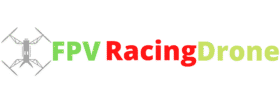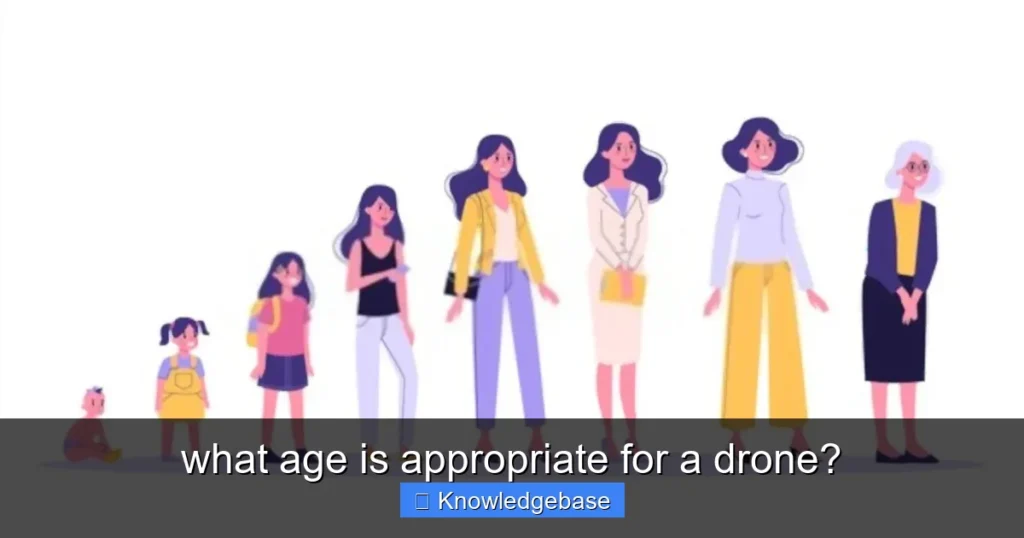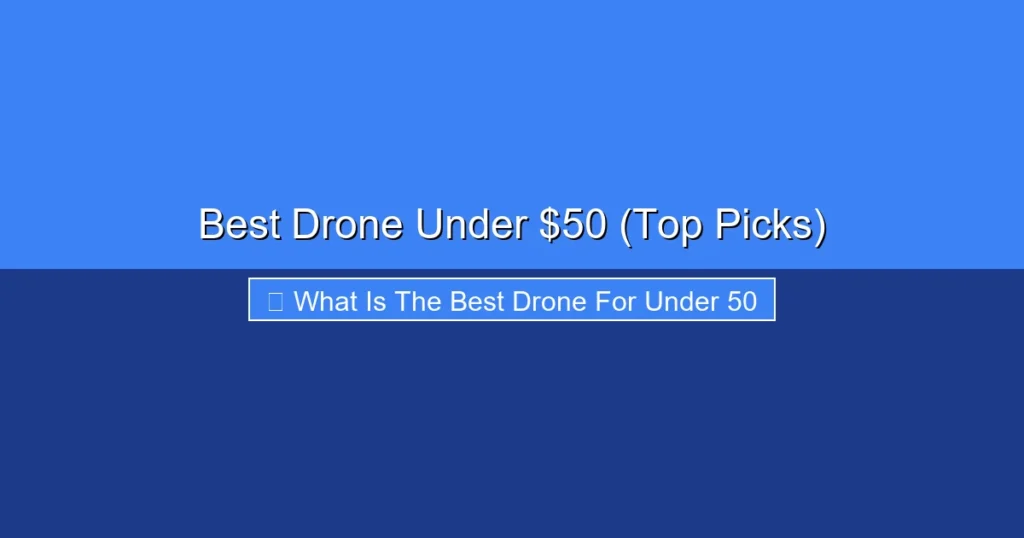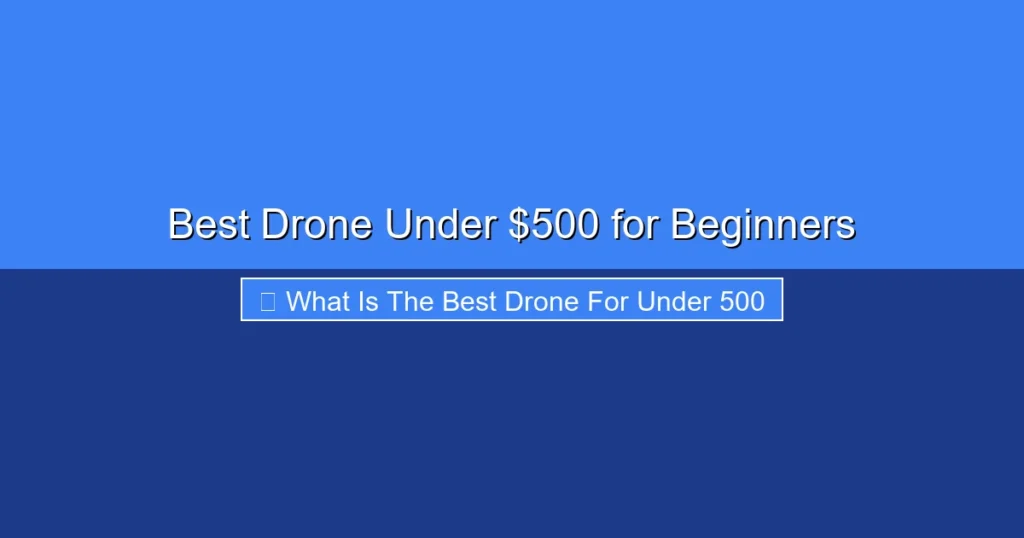
Featured image for this comprehensive guide about do i need a license for a drone?
This is a comprehensive guide about do i need a license for a drone?.
Quick Answers to Common Questions
What is do i need a license for a drone??
do i need a license for a drone? refers to essential knowledge and techniques that can significantly improve your understanding and results.
Why is do i need a license for a drone? important?
Mastering do i need a license for a drone? provides practical benefits and helps you achieve better outcomes in various situations.
How does do i need a license for a drone? work?
do i need a license for a drone? involves specific methods and approaches that deliver effective results when applied correctly.
When should I use do i need a license for a drone??
You can apply do i need a license for a drone? techniques whenever you need to improve your approach or achieve better results.
What are the benefits of do i need a license for a drone??
Learning do i need a license for a drone? offers numerous advantages including improved efficiency, better results, and practical applications.
🎥 Related Video: To fly a Drone it requires a drone pilot licence from a DGCA authorised institute in India #drones
📺 Digit Hindi
Subscribe: https://bit.ly/SubscribetoGadgetTimes Website: https://www.gadgettimes.in/ Follow us on Facebook: …
Frequently Asked Questions
What is do i need a license for a drone??
do i need a license for a drone? is an important topic with many practical applications and benefits.
How can do i need a license for a drone? help me?
Understanding do i need a license for a drone? can improve your knowledge and provide practical solutions.



